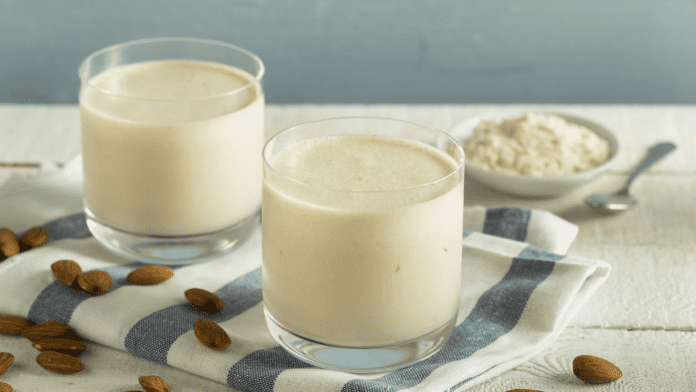In the ever-evolving world of health and nutrition, new superfood trends frequently capture the attention of health experts and enthusiasts alike. Among the latest sensations in this realm is malt milk, which has been gaining popularity and praise from health experts for its impressive nutritional profile and numerous health benefits. This article will delve into what makes malt milk stand out as a superfood trend, exploring its composition, health advantages, and potential downsides. By understanding the science behind this remarkable beverage, readers can make informed decisions about incorporating it into their diets.
The Origin and Composition of Malt Milk:
Malt milk, also known as malted milk, traces its origins back to the late 19th century when it was first developed as a nutritional supplement for infants. The beverage typically comprises malted barley, whole milk or milk powder, and sometimes other ingredients such as sugar or cocoa powder. Malted barley, a key component, is a sprouted and dried cereal grain that undergoes the process of malting to convert its starches into simpler sugars. This transformation enhances the nutritional content of the grain, making it a valuable source of essential nutrients.
Nutritional Benefits of Malt Milk:
A. Rich in Essential Nutrients:
Malt milk is touted for its high nutritional value. It contains vitamins, minerals, and amino acids derived from malted barley, which contributes to its nutrient-dense composition. Essential vitamins like B-complex vitamins (B1, B2, B6, and B12) and minerals like calcium, iron, magnesium, and zinc are present in malt milk. These nutrients play crucial roles in various bodily functions, such as energy metabolism, bone health, and immune system support.
B. Digestibility and Gut Health:
Malt milk is known for its improved digestibility compared to some other milk-based products. The malting process breaks down complex carbohydrates, making them easier for the body to absorb. Additionally, malt milk may promote gut health due to its prebiotic properties, supporting the growth of beneficial gut bacteria, thus contributing to a healthy digestive system.
C. Energy Booster:
The natural sugars derived from malted barley provide a steady and sustained energy release, making malt milk a suitable choice for individuals seeking a quick and nutritious energy boost.
D. Amino Acids:
Malted barley contains essential and non-essential amino acids, which are the building blocks of proteins. Including malt milk in one’s diet can support muscle repair and growth, making it a potential asset for athletes and those engaged in physical activities.
Health Benefits and Potential Applications:
A. Bone Health:
Malt milk’s calcium content is beneficial for maintaining strong bones and teeth. Regular consumption may help reduce the risk of osteoporosis and related bone diseases, particularly in individuals with insufficient dietary calcium intake.
B. Heart Health:
Studies suggest that the consumption of malt milk may have a positive impact on heart health. The presence of antioxidants in malted barley can help combat oxidative stress and reduce the risk of cardiovascular diseases.
C. Weight Management:
As a nutrient-dense beverage, malt milk can help regulate appetite and prevent overeating, making it a potentially useful addition to weight management plans.
D. Infant Nutrition:
Malt milk’s historical use as an infant supplement still holds relevance today. Its rich nutrient profile can support the healthy growth and development of infants when used as a part of a balanced diet.
Considerations and Potential Downsides:
A. Allergies and Intolerances:
Individuals with lactose intolerance or milk allergies should exercise caution when consuming malt milk, as it contains dairy-derived ingredients. Additionally, those with gluten sensitivity or celiac disease should be aware that malted barley may contain gluten.
B. Added Sugar:
Some commercially available malt milk products may contain added sugars, which can be detrimental to overall health if consumed in excess. It is advisable to check the label for sugar content and opt for products with minimal or no added sugars.
C. Moderation:
While malt milk offers numerous health benefits, like any food, it should be consumed in moderation. Excessive intake may lead to unnecessary calorie consumption or nutrient imbalances.
Final Thoughts:
As the latest superfood trend, malt milk has certainly captured the attention of health experts and enthusiasts alike. Its nutrient-dense composition, digestibility, and potential health benefits make it an appealing addition to a balanced diet. However, individuals should be mindful of allergies, intolerances, and added sugars when incorporating malt milk into their nutrition plan. Like any trend, it is essential to approach malt milk with a balanced perspective and consider its role within a well-rounded and diverse diet. For those who can enjoy it safely and responsibly, malt milk may become a delightful and nourishing addition to their health journey.





